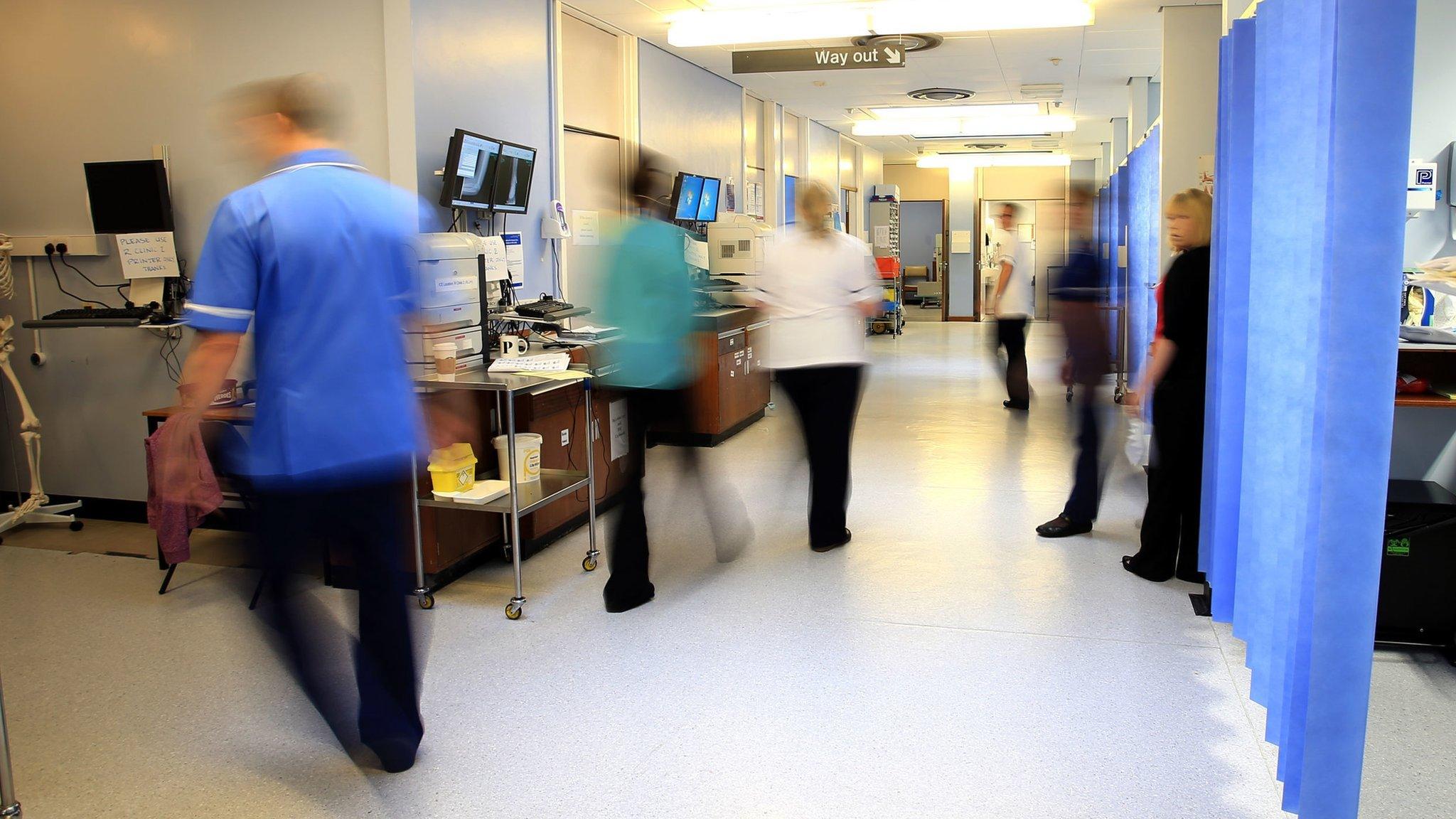Scotland's largest health union 'rejects pay offer'
- Published
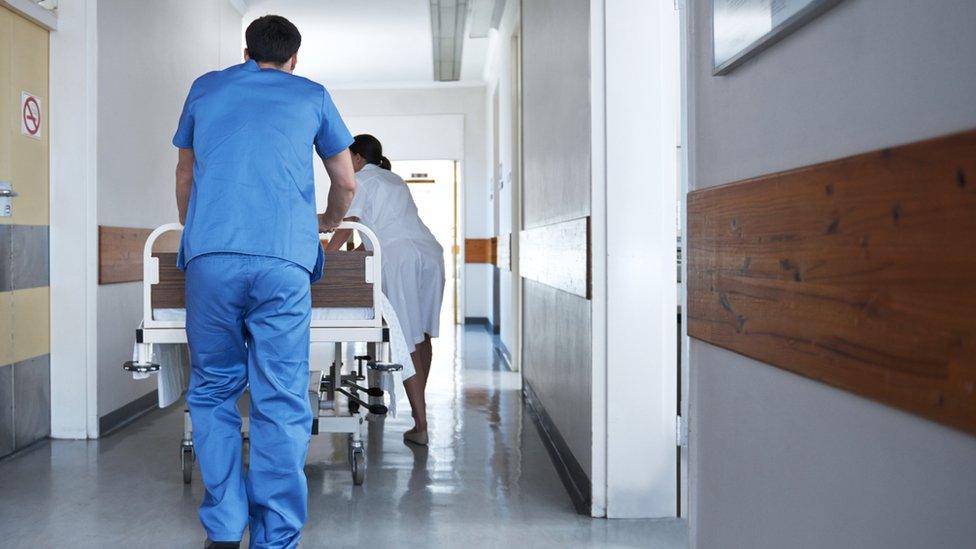
Members of Scotland's largest health union are believed to have rejected the latest pay offer for NHS staff.
BBC Scotland understands 61% of Unison members voted to turn down the £2,205 pay uplift with an official announcement expected on Tuesday.
It is likely the union will now ballot its 50,000 members on taking industrial action.
Scottish health secretary Humza Yousaf has warned he does not have more money for pay deals.
Other health unions have already rejected the pay deal and backed strike action, with ambulance workers planning a 26-hour walkout later this month.
But Unison had suspended its strike ballot of NHS staff last month to consult on a revised pay offer from the Scottish government.
The Scottish government's pay offer is for a flat rate rise of £2,205 per worker backdated to April.
It means an average salary increase of 7% with the lowest paid gaining more than 11% and qualified nursing staff receiving up to 8.45%.
Unison's rejection of this offer comes as GMB Scotland said its members in the Scottish Ambulance Service would walk out on 28 November until the following day.
The union said meetings would be held with management to ensure appropriate staffing levels for critical care.
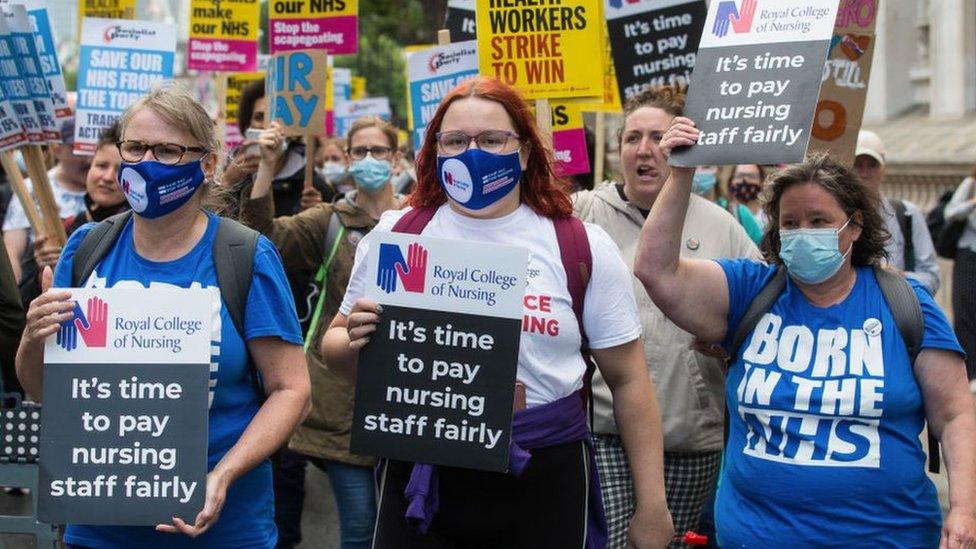
The Royal College of Nursing have already voted to take strike action
GMB Scotland organiser Karen Leonard said the strikes were a direct response to the Scottish government for "failing to give front-line workers the pay rise that they deserve".
Unite also announced that about 1,500 Scottish Ambulance Service staff, including paramedics, would take industrial action on 25 November.
This is expected to take the form of measures such as work-to-rule and an overtime ban.
Royal College of Nursing and health workers in two other unions have also voted for a combination of strike and industrial action this winter.
'Moral obligation'
Scottish Health Secretary Humza Yousaf has said he does not have more money for pay deals.
Mr Yousaf and his Welsh counterpart have written to the UK government to ask for more funding to help avoid strike action.
He told BBC Scotland that the UK had a "moral obligation" to give the Scottish government more money.
"They are the architects of this cost crisis," he said.
The health secretary said contingency talks had taken place with other emergency services and the Ministry of Defence.
- Published13 November 2022
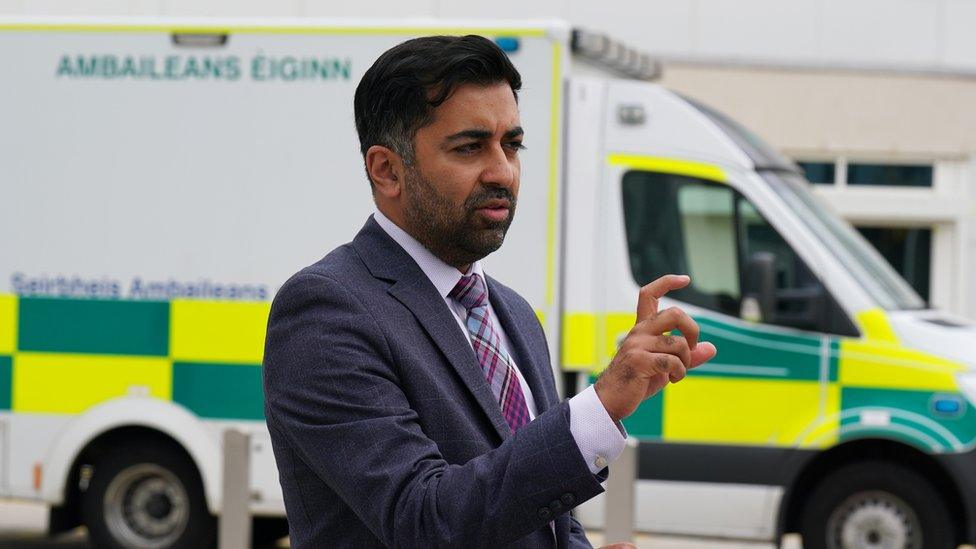
- Published12 November 2022
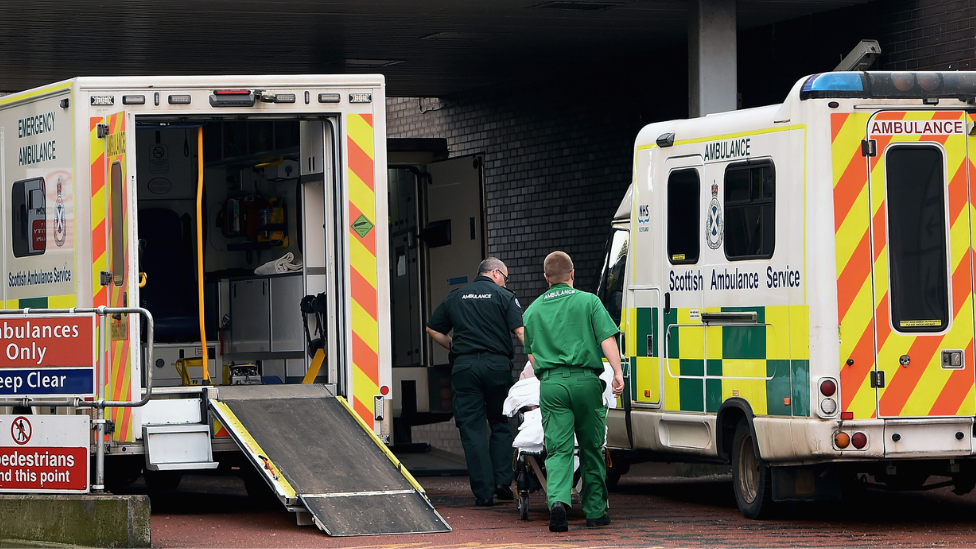
- Published9 November 2022

- Published26 October 2022
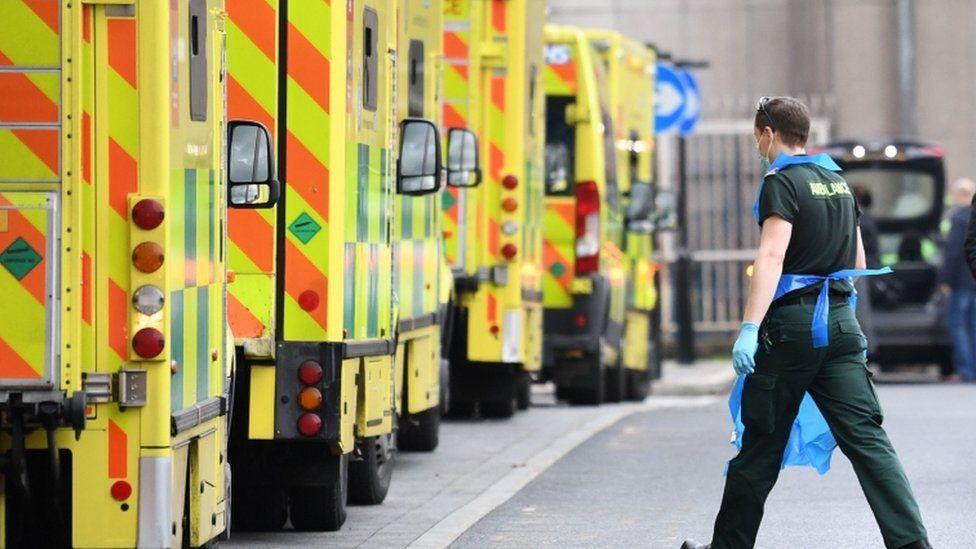
- Published8 November 2022
